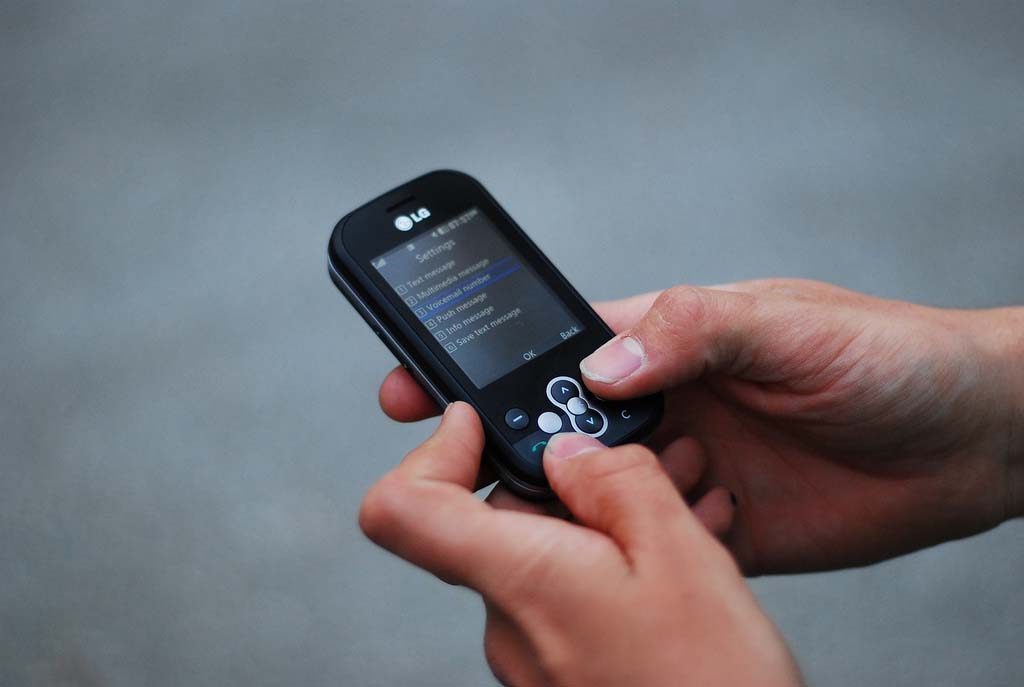
A Qatar-based company has spent $2.5 million on technology that would help track the construction workers who will live in its new housing projects.
The deal, made earlier this month between Daruna Development and California firm Sysorex, was described in a statement put out by the companies:
“The solution includes networking the community with more than 1,000 of Sysorex’s AirPatrol sensors to provide location-based services and security as well as insight into how residents flow through the community, which facilities are most popular, and where improvements can be made.”

Daruna is expected to begin construction on a 6,000-bed labor camp in Wukair this year.
According to its website, it’s also planning worker housing developments in Al Khor, Mukaynis and Al Shanahiya.
Each of these projects will incorporate the AirPatrol platform, Daniel Pilmore, managing director of Sysorex’s Networked Solutions department, said.
He continued:
“The ability of Sysorex’s products to provide not just real time locationing and asset management, but also big data analysis for the entire community is a key enabler for NSL improving and building on our current integrated accommodation management offering. This in turn has a direct impact on improving the experience of expatriate workers in Qatar.”
How it works
Speaking to nonprofit publication Next City, Sysorex CEO Nadir Ali said that little blue boxes would be set up around each housing project, that would be capable of picking up Wifi, RFID or Bluetooth signals from any device.

Residents’ movements would then be tracked within “a three- to six-foot accuracy” via their mobile phones and WiFi-enabled “smart tags” that the men would carry with them to buy food and pay for health services, the publication stated.
The sensors do not read emails or listen to phone calls.
According to Ali, AirPatrol has many safety benefits:
“Say there’s a disaster – how many folks are there? Or some sort of riot going on, our technology shows where people are and helps to manage those types of situations.”
Concerns
However, the technology has already sparked some concerns from rights groups.
Nicholas McGeehan, a researcher for Human Rights Watch, told NextCity:
“Passport confiscation, recruitment fees, sponsorship-based employment, the prohibition of trade unions, and absence of grievance mechanisms combine to a toxic effect in Qatar. The last thing we need is yet another control mechanism.”
And speaking to Doha News, Mustafa Qadri of Amnesty International said:
“The new technology may have some positive uses, but the Qatari authorities, Daruna and the developers must ensure its application respects the rights of migrant workers, particularly the rights to privacy and freedom of movement, and does not enable businesses to tighten existing conditions of forced labour.”
He added that technology used to tracker worker movements could be abused given Qatar’s current labor landscape, which lacks rights protections.
Thoughts?







